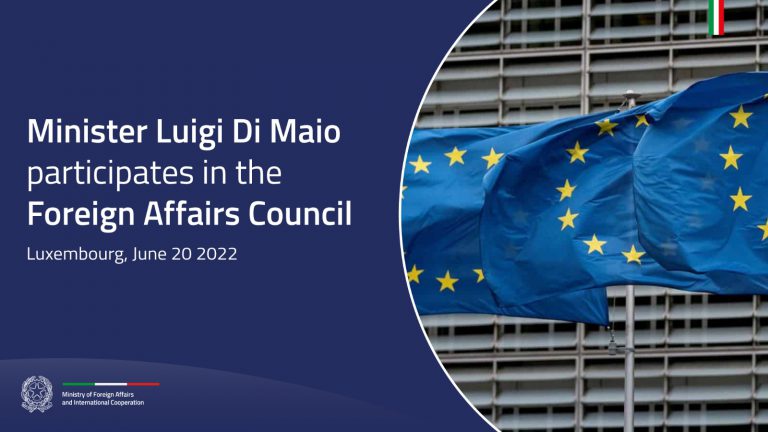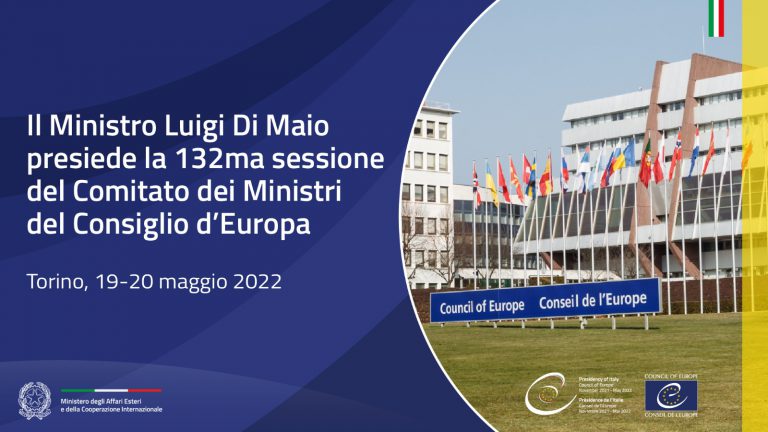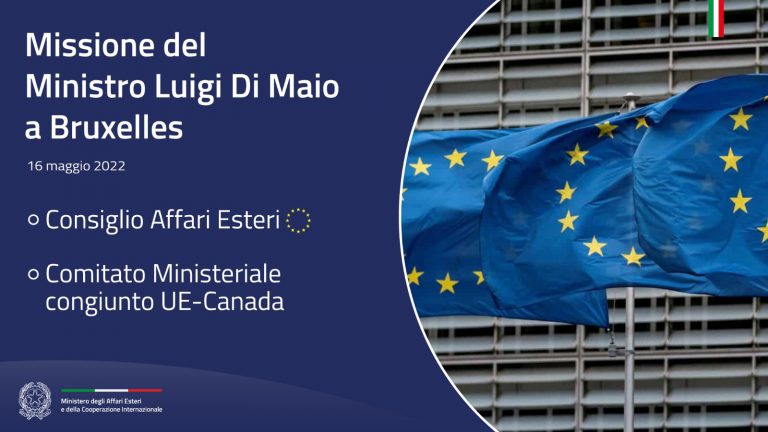The Minister of Foreign Affairs and International Cooperation, Enzo Moavero Milanesi, attended today’s meeting of the Ambassadors of the European Union Member States accredited to Italy. The meeting was organised by the Ambassador of Rumania, George Gabriel Bologan, to inaugurate Rumania’s 6-month rotating Presidency of the EU Council.
Minister Moavero illustrated the Government’s principal positions on the decisions and initiatives of the European Union scheduled over the next six months. In particular, he highlighted the peculiar nature and importance of the upcoming election of the European Parliament, which is the first to have a strong political connotation, both because its scope is more clearly transnational and because of the contrasting positions between different institutional visions. He also emphasised how ongoing events and the many situations that are similar to past circumstances reveal how essential and urgent it is for EU Countries to adopt a truly common migration policy – based on joint commitment and burden sharing – capable of addressing its different aspects and of fully fulfilling citizens’ expectations.
Ministro Moavero also said that Italy’s position on the draft EU Multiannual Financial Framework under negotiation remains critical and outlined the main reasons for this: the clear shortage on the revenue side continues to be linked to the contributions of each Member State without envisaging alternative resources such as, for example, large emissions of EU debt securities to finance investments that would have a positive fallout on the economy and job creation, both within and outside the Union, for example in the African Countries originating most of the migration flows. He went on to say that it is also necessary to assure a better and fairer balance between the most recent priorities (e.g.: security, combating terrorism, managing climate change, digital innovation) and traditional EU policies (e.g.: agriculture and cohesion policies, that Italy does not want to be downsized). With reference to the investments envisaged in the EU budget, the expenditure relative to compulsory national co-financing should no longer be considered in evaluating a State’s compliance with the debt parameters. Lastly, he said that it is necessary to avoid introducing inappropriate conditions on the provision of pre-assigned EU funds to the States and eliminate any form of ‘discount’ on the contributions granted to certain Countries on the example of the discount granted to the United Kingdom.
The Minister concluded by wishing the best possible success to the Rumanian Presidency, confirming Italy’s support for the four priorities chosen by Bucharest for its agenda: “A Europe of convergence, a safer Europe, Europe as a stronger global actor, Europe of common values”.






